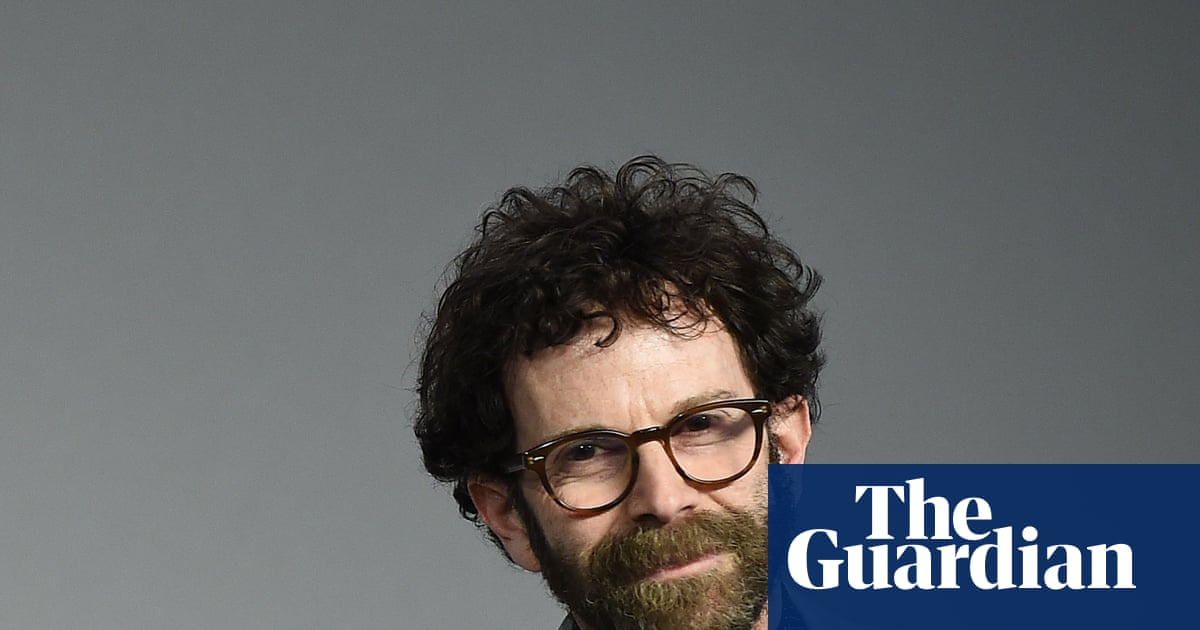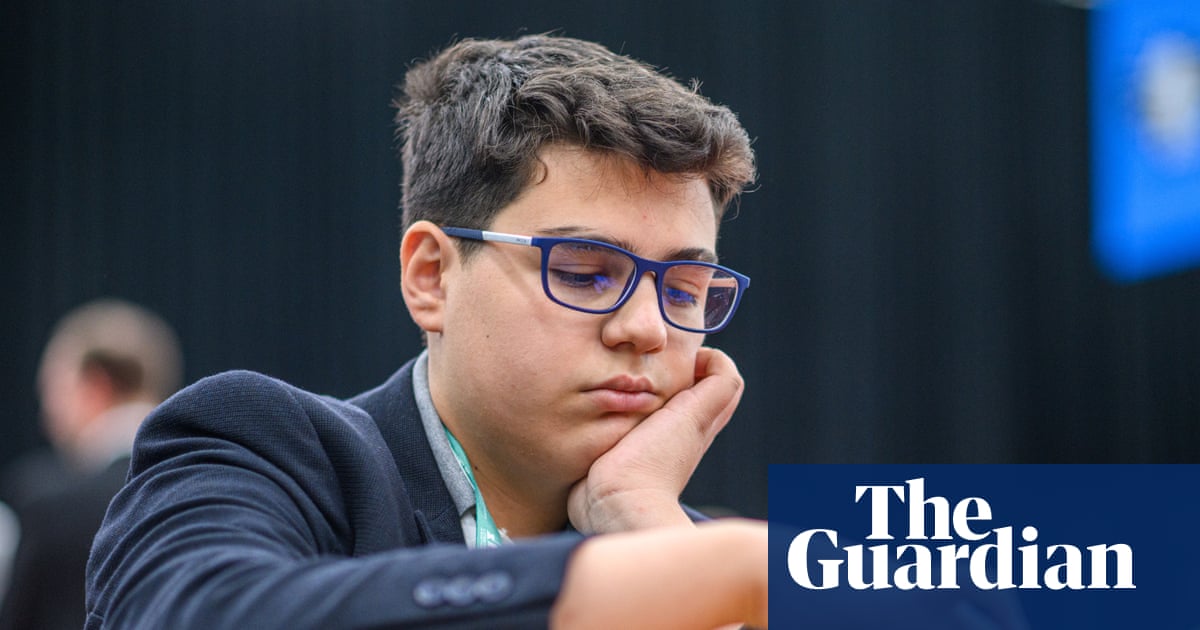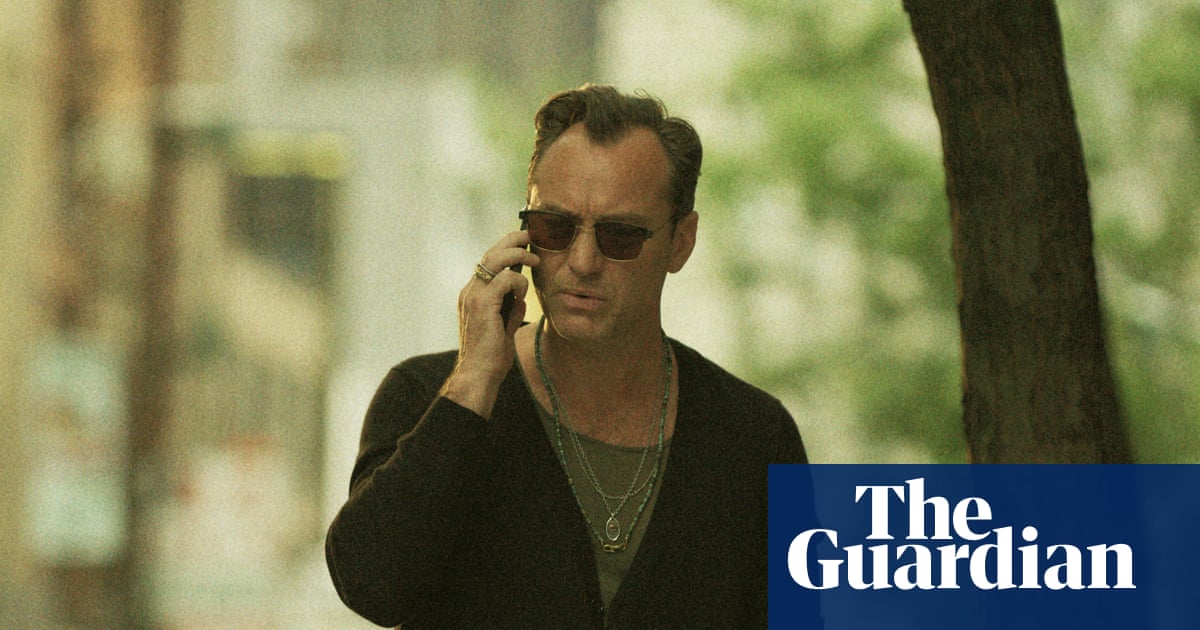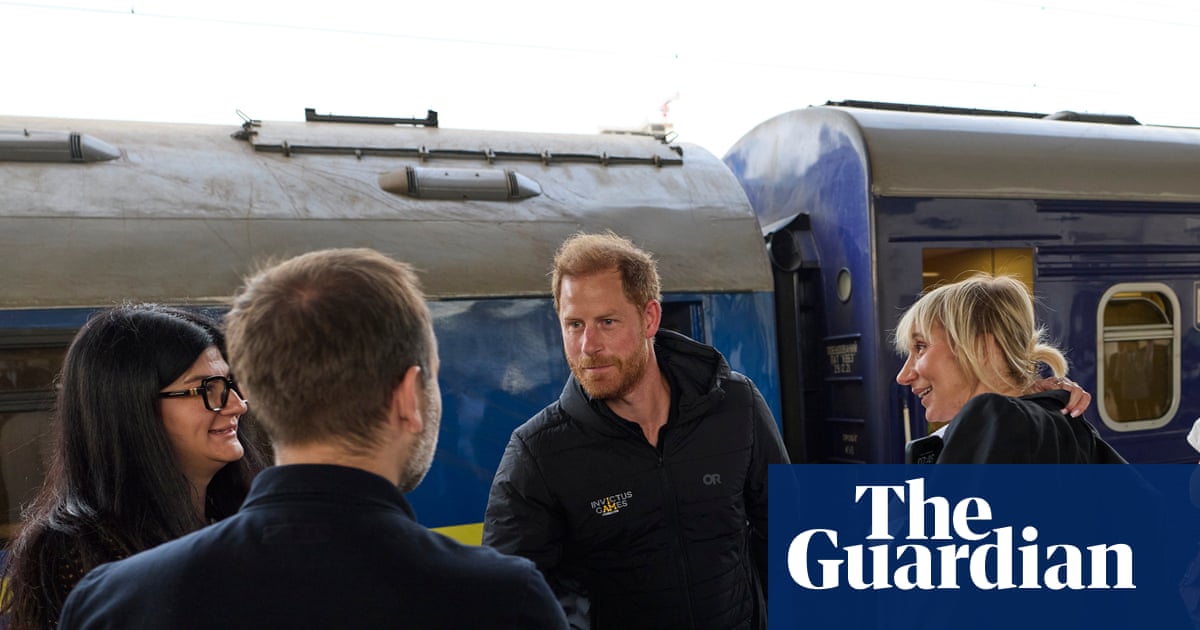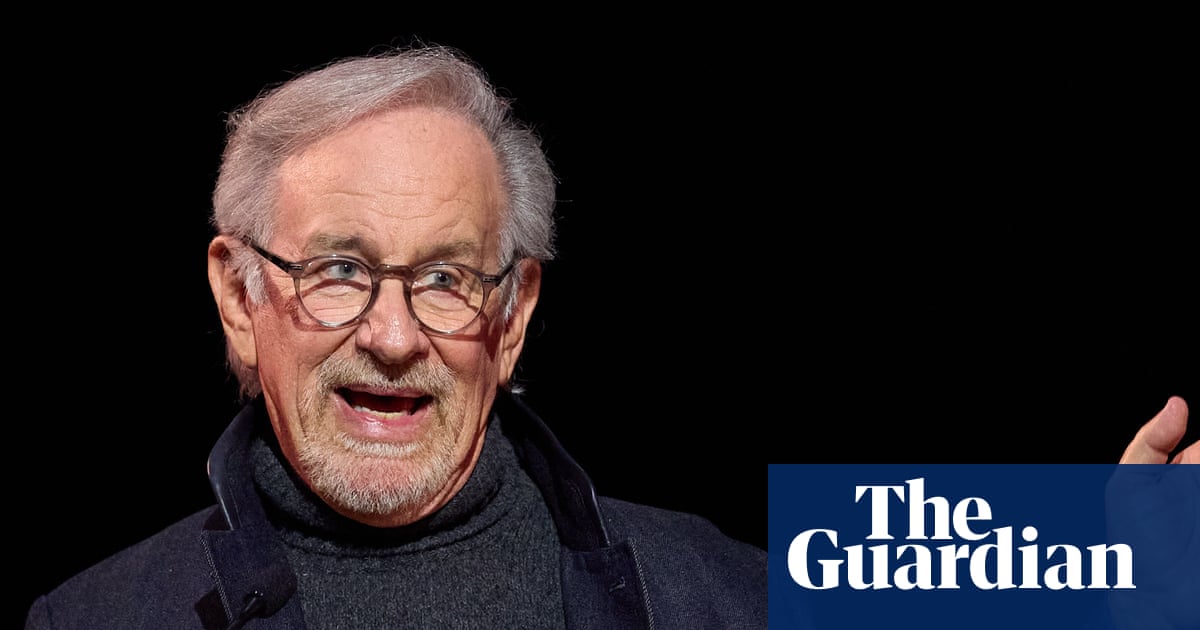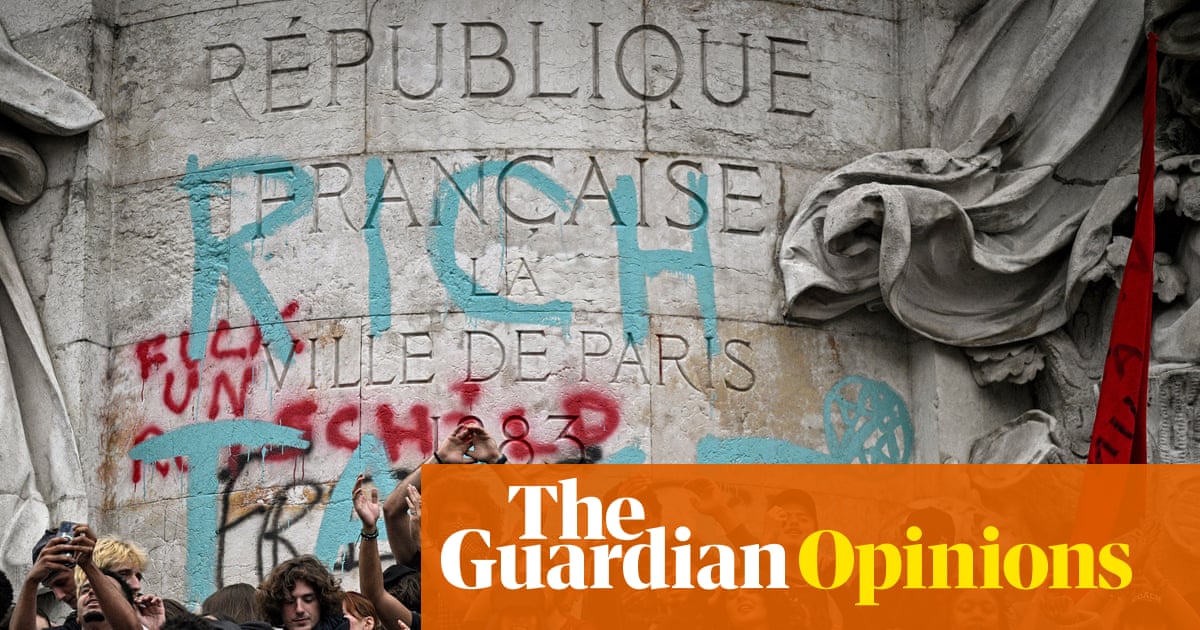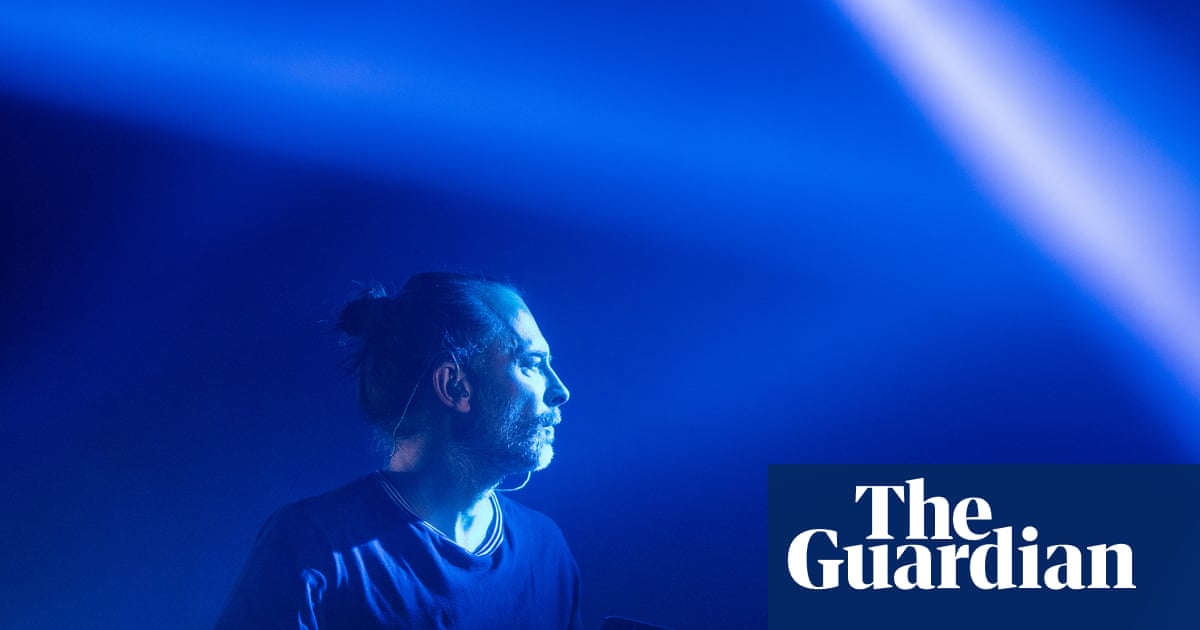In his 1971 novel The Day of the Jackal, Frederick Forsyth renders a rich plot to assassinate Charles de Gaulle, the French president. The conspirators are pied-noirs, the term used to describe Frenchmen born in Algeria during the colonial occupation there. They grieve De Gaulle’s exit from north Africa, which they regard as a betrayal. Unable to remain in the former colony, they return home – dejected and emasculated – and murderous. In many ways, the pied-noirs regard themselves as being more French than the French.
The novel derives some of its appeal from the fact that it’s rooted in history – revanchist Frenchmen made at least six attempts to assassinate De Gaulle in the 1960s. Yigal Amir, the Israeli settler who assassinated Yitzhak Rabin in 1994, reportedly devoured the book, and drew inspiration from it.
I began to reflect on the novel after reading about the recent Hamas-US prisoner deal. Edan Alexander, the American Israeli soldier who was held captive by Hamas for a year and a half, “grew up in New Jersey and moved to Israel after high school to join the military”, as reported by the New York Times. When I read that line I wondered what drove his radicalization – what leads an American teenager to travel to a foreign country to join an army whose primary occupation is apartheid?
The question is meaningful in its particulars, but it also highlights a broader phenomenon: Alexander’s path is not remotely unique. The Washington Post reported in February 2024 that “an estimated 23,380 American citizens currently serve in Israeli ranks”. But they have traveled a trail worn and bloodied by others. Baruch Goldstein, an American Zionist who murdered 29 Palestinians in a mosque in Hebron in 1994, was from Brooklyn.
The Post story, which profiles the families of Americans who died serving in the Israeli army, describes their “fierce commitment to the Jewish state”. Two of the three families have lived or volunteered in settlements – the apartheid infrastructure Israel has built in the West Bank. One mother describes her son, who died while perpetrating a genocide in Gaza, as “more Israeli than the Israelis”. A father describes his family’s journey from America by saying: “We came for Zionism.”
The story goes on to describe the elaborate social apparatus through which young Americans are radicalized. One soldier who was killed in Gaza “worked each year at a Zionist summer camp in Pennsylvania”. Reading the article, I got a strong sense of the brainwashing, the in-group dynamic at work. The families seem to regard their choices, and those of their children, as being normal – valiant, even.
To be sure, the phenomenon of Americans joining foreign armies is not unique to Zionists or Israel. NPR reports that hundreds of Americans are fighting alongside Ukrainians in their war against the Russian occupation. But hundreds is not the same as tens of thousands, and fighting occupation is the opposite of investing in and propagating it.
Now, with the genocide in Palestine, we’re faced with a reality in which tens of thousands of Americans are actively involved in war crimes. They are part of an army responsible for the murder of more than 20,000 children in Gaza, where the Economist estimates that Israeli soldiers have killed between 77,000 and 109,000 people, or 4-5% of the territory’s population in 2023.
The radicalization of young Zionist men and women does not receive the attention it deserves by the FBI and law enforcement – as contrasted with the experience of Muslims, which is described by the writer Arun Kundnani in his book, The Muslims are Coming.
The reason for their hesitation goes first to the history of antisemitism in the west, where Jewish people have been accused of harboring dual loyalties for hundreds of years. The Dreyfus Affair in France – in which a Jewish officer was falsely accused of treason – acts as exemplar here. And in Germany, Jewish veterans of the first world war found that they were Jewish before they were German. Berthold Guthmann, for example, received the Iron Cross for bravery in the first world war. He was murdered at Auschwitz in 1944 by his former colleagues.
Good people do not want to be accused of antisemitism. And if talking about a headache makes it worse, it’s better not to talk at all.
But more than antisemitism, there’s the fact of America’s establishment affinity for Israel – which recalls the French sympathy for the pied-noirs in the 1950s. In Congress, Brian Mast has been known to wear the uniform of the Israeli military while performing official duties. He also volunteered for the Israeli army. The affinity is similar among Democrats, where Chuck Schumer told a New York Times columnist “My job … is to keep the left pro-Israel.”
The tendency to regard Israel as an extension of the United States exists within media as well. In an interview with Ta-Nehisi Coates, a CBS anchor described the author’s work on Palestine as resembling “extremist” writings. The network later distanced itself from the anchor’s statements and behavior.
A more recent example took place in May. In a tense interview on MSNBC, the Pulitzer prize-winning poet Mosab Abu Taha highlighted the fact that Israeli soldiers – men and women – are perpetrating mass murder in Gaza. Abu Taha went on to recount the stories of his own family who have been killed by Israeli pilots. He described how some of their bodies are irrecoverable – they have lain under the rubble of their bombed homes for more than 500 days.
Abu Taha, through his clear description of the depredations of Israeli troops – and his unrelenting focus on their victims – offers a path. One can hope that American mothers and fathers may watch his interview, and others like it, and say: “No, I do not want my son to be radicalized, to participate in an atrocity.”
Surely, their love for their children demands it.
-
Ahmed Moor is a writer and fellow at the Foundation for Middle East Peace

 3 months ago
62
3 months ago
62


